IT’S THE QUESTIONS, BABY, NOT THE ANSWERS THAT COUNT: AN INTERLUDE INTO “THE ARTS”
BY DAN VALENTI
What is a question? Ah, The Planet just played with your mind.
 We just wrote a linguistic tautology, putting a query in the form of a question? In much of Eastern philosophy and thought, answers ride questions only when the questions stop. Questions serve as horses that gallop unsaddled. Only when question has finished its run and come to a stop does the answer dare mount.
We just wrote a linguistic tautology, putting a query in the form of a question? In much of Eastern philosophy and thought, answers ride questions only when the questions stop. Questions serve as horses that gallop unsaddled. Only when question has finished its run and come to a stop does the answer dare mount.
It is also a veritable truism that in Eastern (and much of Western) spirituality, questions are phrased in ways that they contain the seeds of the answer. For example, the eons-old question of “Why does evil exist” presumes the approach of any serious response: The responder will have to decide on the nature of God, if He exists or not, and then weigh the enormity of “good” and “evil” in light of the temporal and eternal. Not an easy exercise, true, but at least one in which the questions itself provides a strategy.
Moreover, isn’t it interesting that the popular and long-running game show “Jeopardy” requires contestants to state their responses in the form of questions. Alex Trebek (the next generation’s Art Fleming) supplies the answers. Contestants win with ?-marks, not periods. Jeopardy reduces assertions to less-than afterthoughts and elevates “the form of a question” into money.
Finally, The Planet looks at the question mark itself: “?” One begin in the upper left, journeys in a 180-degree turn (like traversing a cloverleaf to change directions on a thruway), heads south, finds a little gap (no bridge) on the other side of which the traveler sees the island period. Doesn’t this describe the reversals a person often takes who seriously questions much. In fact, one of The Planet’s long-standing rules of life after “Unplug Thyself” is “Question Everything.”
All of which leads to today’s guest post, a book review by a talented writer who has been in long-standing, 35-year friendship with The Planet. We first met P.J. Kocak in the newsroom of the Syracuse Post-Standard. We both worked there in the early phases of our literary careers. We shared a love of words, language, great writing, baseball, and much more.
Kocak reminds me of a linguistic safecracker. He approaches words having sandpapered his rhetorical fingertips into super-sensitivity so he can feel the connotations. You’ll see what we mean in his review of The Interrogative Mood by Padgett Powell (HarperCollins, 2009). We hope our dear readers will enjoy this break from politics, pollution and the like into the Arts.
—————————-
MAY I ASK YOU A QUESTION?
by P.J. Kocak
Have you ever been slightly annoyed when someone prefaces a question with a question, as in “Do you mind if I ask you a question?” I’ve often wondered what would happen if I were to reply, “As a matter of fact, I do mind.” Well, would you mind if I ask you some questions?
Is surfing a book flowing, billowing, and floating with 164 pages of questions something you would enjoy? Would you want to cast the book into the sea? Or hurl it against a wall? Or might it give you pause, even if just a little?
The Interrogative Mood by Padgett Powell (Ecco, HarperCollins, 2009) is unlike anything you will ever read. Whether you wade through the whole sea of questions or merely tip your toe at the shoreline or randomly splash about, you are likely to find this exercise arresting, provocative, and entertaining. Let me rephrase that: You are not likely to find this exercise arresting, provocative, and entertaining unless you are willing to be patient, open-minded, and mindful.
Granted, Dr. Seuss on steroids is not for everyone, but reading this book (it feels more like listening), I found myself captivated and intrigued. I began reading it at airports and on flights bound for a vacation in the Cayman Islands. This was perfect, because it would be nearly unbearable to sail through this book in one sitting. You might want to, and you might think you could or should breeze through it nonstop, but I found it doesn’t work that way.
More Than Anything, A Conversation
 Why? Because that’s not the nature of conversation. And after all, The Interrogative Mood is a conversation. (“What’s your name? What are your intentions with respect to me?” . . . “Is there anything you’d like to ask me? Are you curious to know what I’ll do with the answers you’ve given me?”) At first glance, it is a solipsistic monologue. However, you soon surrender to the premise that if it is not a conversation, it is at least an invitation to converse or examine the art of conversation and the practice of observation. Converse with whom? Ah, good question. Converse with your inner self, if nobody else. T.S. Eliot posited that a poem is not complete until it is read, even if only by the poet. Same is the case here, with this seemingly endless litany of interrogatives. (Speaking of questions, Eliot formulated one of literature’s most famous with his “Do I dare to eat a peach?”)
Why? Because that’s not the nature of conversation. And after all, The Interrogative Mood is a conversation. (“What’s your name? What are your intentions with respect to me?” . . . “Is there anything you’d like to ask me? Are you curious to know what I’ll do with the answers you’ve given me?”) At first glance, it is a solipsistic monologue. However, you soon surrender to the premise that if it is not a conversation, it is at least an invitation to converse or examine the art of conversation and the practice of observation. Converse with whom? Ah, good question. Converse with your inner self, if nobody else. T.S. Eliot posited that a poem is not complete until it is read, even if only by the poet. Same is the case here, with this seemingly endless litany of interrogatives. (Speaking of questions, Eliot formulated one of literature’s most famous with his “Do I dare to eat a peach?”)
The reader finds himself or herself as the subject of a manic marathon of personality-index-test queries as well as random requests for preferences, answers, and choices. Many are superficially silly or seemingly inconsequential: “What is your mother tongue?” “Do you like to party” “Do you sometimes mistake Germans for Scandinavians?” Others are frightening, disturbing, or perversely funny: “If you could get a hold of some dynamite for recreational purposes, would you be hesitant, indifferent, or eager?” “If you had to sleep overnight confined with a polar bear or an anaconda, which would you pick?” “Would you prefer to spend a day at a mental hospital or a day at a mall?”
Is this all merely Dadaist folderol? Perhaps, but I choose to see The Interrogative Mood as an American sounding board, a collage, a survey of talk and unspoken thoughts. You might conclude the narrator is an auditeur, the auditory equivalent of a voyeur. At times, we are asked to eat “either/or (a tip of the hat to Mr. Kierkegaard) sandwiches” of unpalatable possibilities. At other times, we are asked to put up with the endless queries of an insufferable cross-examiner.
Redemption Through ‘Throwaways’
But what makes this poetic and incantatory assemblage utterly redeeming is its heart-rending and gut-wrenching “throwaways” that make you stop and question aspects of your life. For example, you will be asked to examine parts of it you thought you forgot, repressed, denied, or avoided. Picture a detective or CIA interrogator subjecting you to questions that serve as a reflection on your whole life so far, although this novel is not that severe, demanding, or humorless. And, as in poetry, the shock of the ordinary or the poignant is often found in measured cadences interrupted by a sharp rest: “What is the loudest noise you ever heard? Have you done any mountain climbing? Would you eat a monkey? What broke your heart?” Or: “Do you know an anole from a gecko and a skink? Can you love, still? Did you ever love? Is there heartbreak in rain, or cheer?”
For the reader, basic questions emerge: Who is the narrator? Betraying his age and perhaps a hint of nostalgic sentimentality, Powell’s narrator recalls an age of milk bottles, soda jerks, and S&H green stamps. The questioner is clearly not young, and he (definitely a he) poses questions of life and death, memory, regret, and hope. To whom are the questions addressed? How do the questions themselves transform us? Do the answers even matter? These questions, like the questions in the novel itself, are better asked rather than answered. The unanswered questions here remind one of the dialog spoken by characters in Robert Altman’s “Short Cuts,” who routinely ignore each other’s questions — questions whose answers they rarely listen for or disregard if they do get a response.
‘Taking Stock’
There’s also a spiritual element to The Interrogative Mood. Keeping in mind Rainer Maria Rilke’s admonition to “live the questions,” this is an anthem to the very act of examining our lives, taking stock, cataloguing the quotidian. (“If a good friend said to you ‘I’ve never really been happy,’ apparently in earnest, would you laugh?”) For me, this collection of questions surprisingly became a life-affirming celebration: finding something miraculous (or at least worthy of attention and reflection) in the humdrum, rejoicing in the particularity of all that is around us, asked of us, and within us. (“What has been so far the best single day of your life?”)
Is it possible I’ve been had? That I’ve been taken for a postmodern joyride? That I’ve been toyed with for the sake of an author’s stylistic acrobatics? Yes, it is possible, but in reading The Interrogative Mood I have been no more “taken” or “had” than by the background drone of television, talk radio, or social-media chatter.
After all, don’t our Facebooked/Twittering selves willingly trade privacy for public intimacy? Don’t we delight in digital conversation?
Hello, are you there?
——————————————–
THE PLANET LEAVES ORBIT UNTIL MONDAY, BECAUSE, as you know, SUNDAY IS OUR DAY OF REST. ON MONDAY, WE REVEAL SOME STARTLING INFORMATION REGARDING 1BERKSHIRE, THE CHAMBER OF COMMERCE, AND PCG-GATE. LOVE TO ALL.







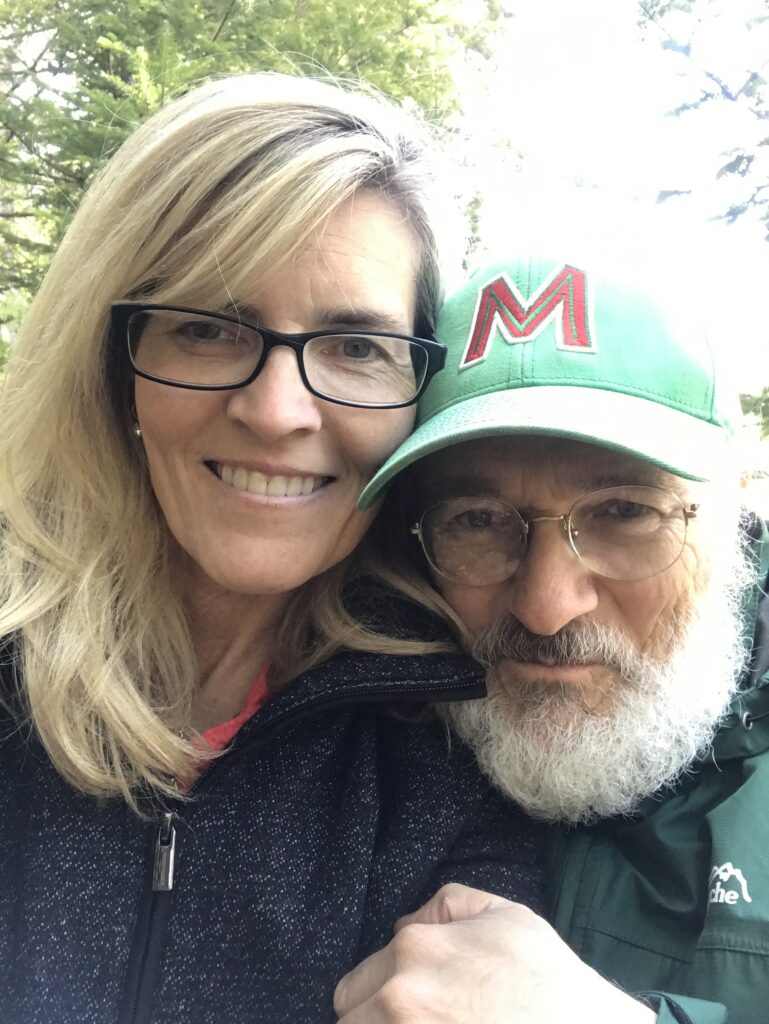
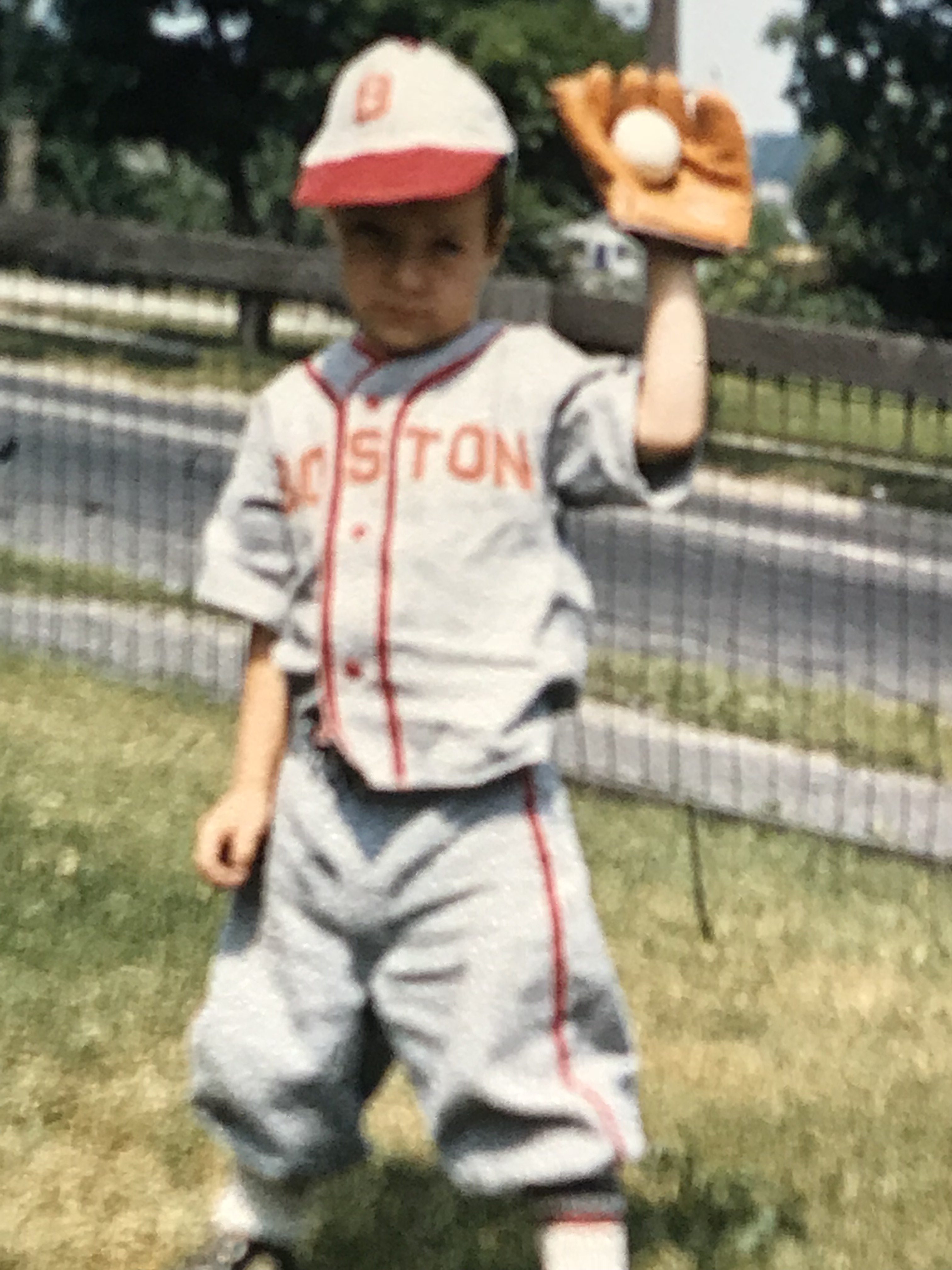




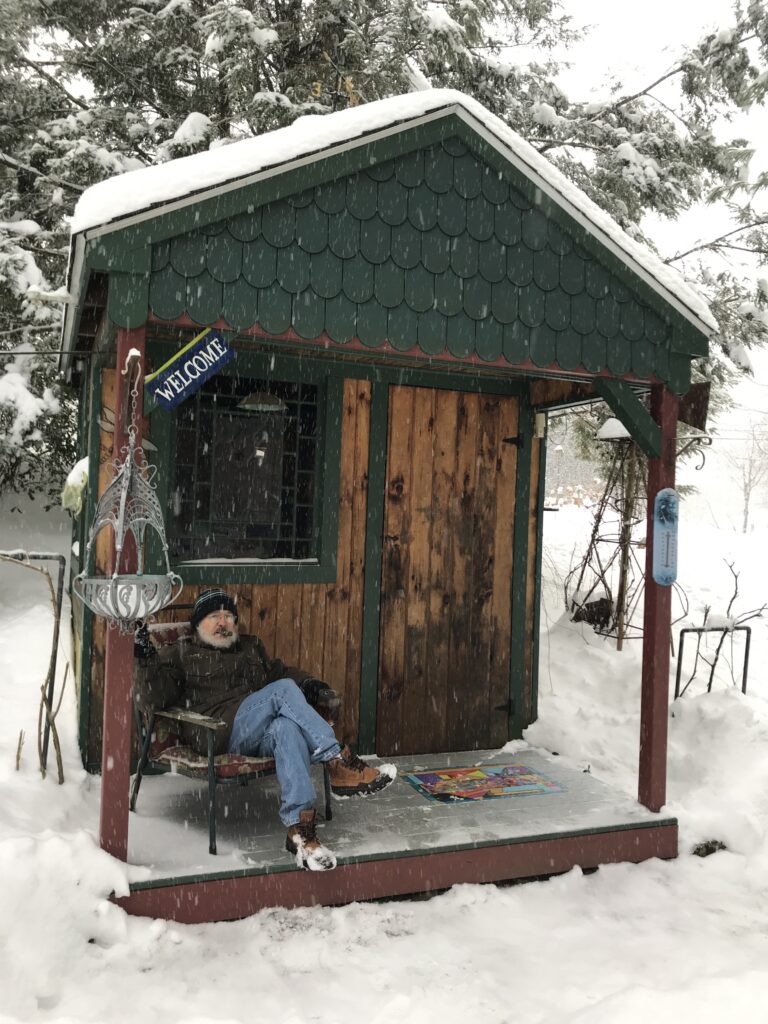

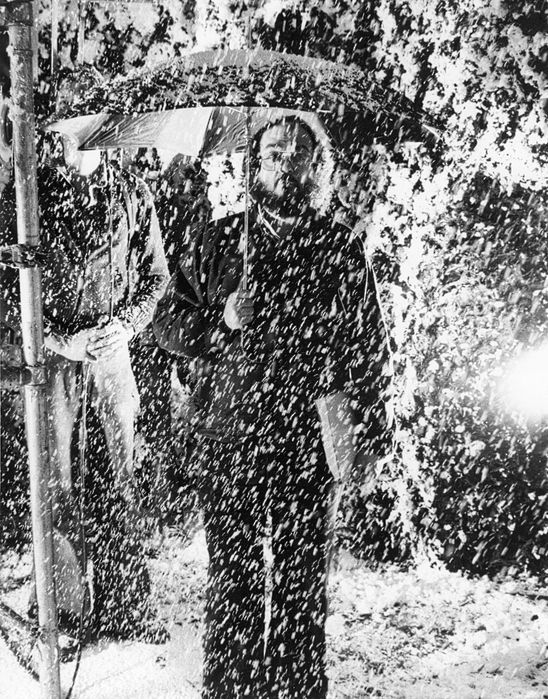

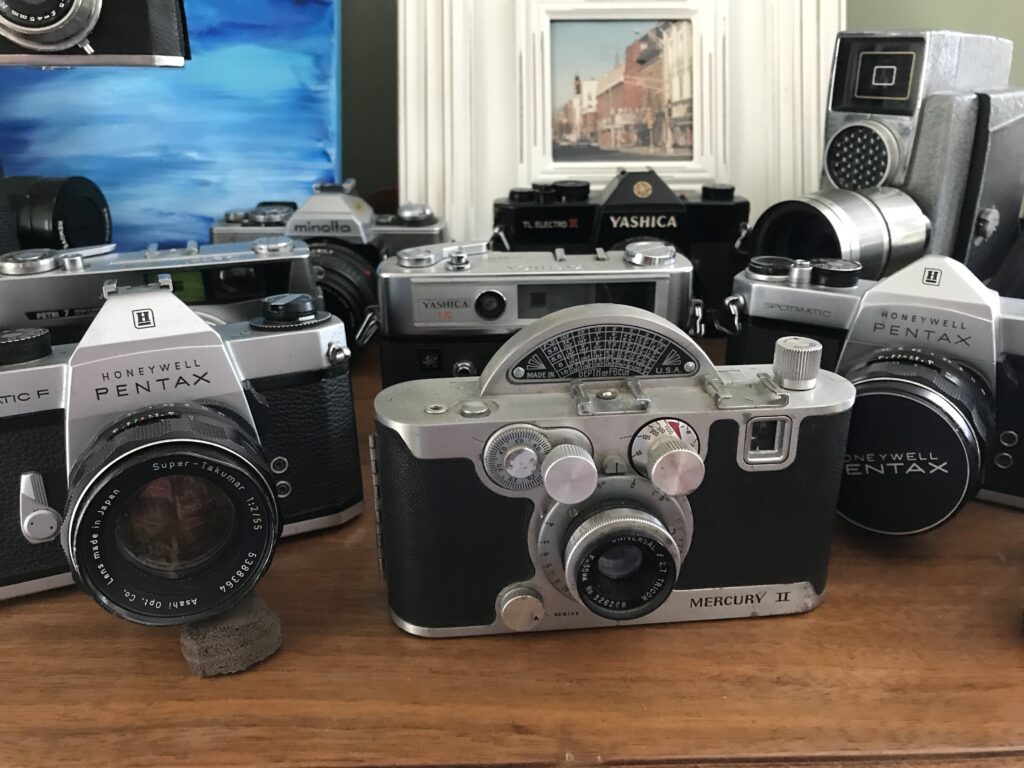

What say?
GMH
Stated in the form of a question. Love it!
Welcome change of pace. I’ve been reading The Planet for some time, and I love these interludes from the madness and mystery. The Arts. I’m probably in the minority, but I hope The Planet steps up its coverage of the Berkshire arts scene. Mr. Kocak has induced me to buy Mr. Powell’s book.
Dan, my friend:
Thanks for exquisite intro and space in this space. No question about it.
What is a joke? The Berkshire art scene!
Who’s on first?
Been there has no idea what he/she is talking about.
Three of the six responses were stated in the form of questions, but why not this one?
Why is Sturgeon on radio?